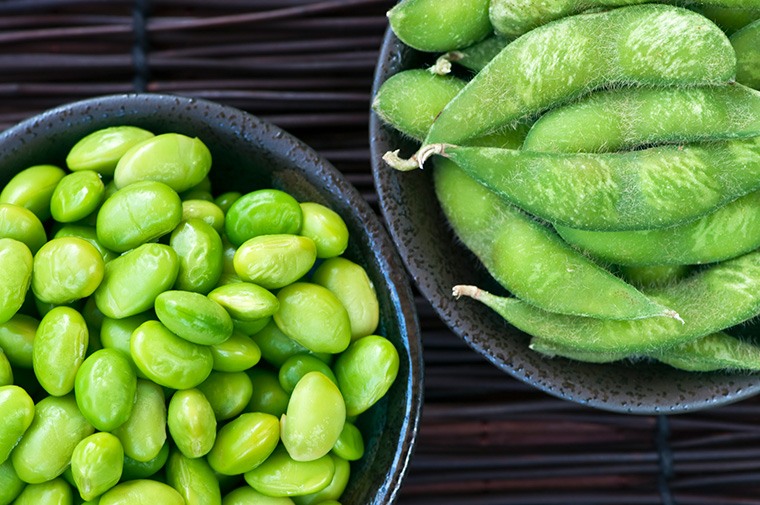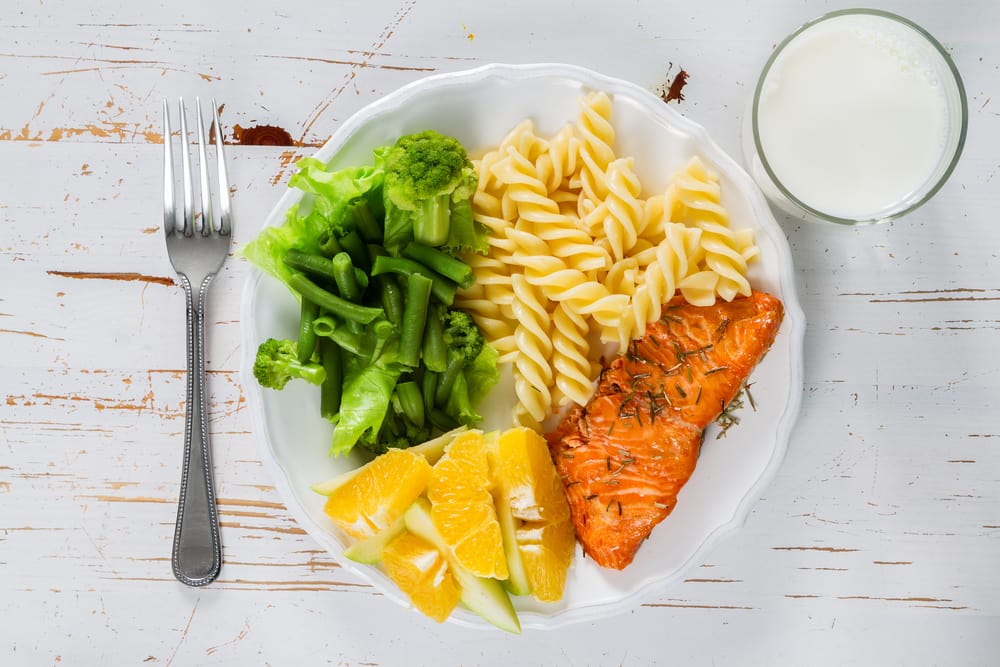Contents:
- Medical Video: Healthy Food Vs Junk Food Song!
- Which eating method makes you full quickly?
- Is it healthier to eat fast or eat slowly?
- The benefits of eating slowly compared to eating fast
- 1. Reducing stress
- 2. Prevent weight gain
- 3. Optimizing the digestive process
- 4. Insulin resistance
- 5. Prevent the occurrence reflux gastric acid
Medical Video: Healthy Food Vs Junk Food Song!
Eating is one of the most enjoyable activities. But along with the density of activities that must be carried out, often eating is done in a hurry because the most important thing is the stomach is filled. In fact, in an effort to maintain a healthy body, paying attention to patterns and how to eat is as important as choosing the menu that you will consume.
Of course, everyone has different ways to eat, some eat slowly, some eat fast. However, is there a better way between the two?
Which eating method makes you full quickly?
Have you ever asked why you can feel full after eating? In fact, feeling full is a response that arises because the stomach is filled with food. In particular, when you eat, hormonal signals are released in response to the entry of food into the small intestine. These hormonal signals include hormones cholecystokinin (CCK) released by the intestine in response to the food you consume, and the hormone leptin which can make you feel full.
A study found that leptin hormone can strengthen the signal of the CCK hormone to increase the feeling of fullness. In addition, other studies also found that leptin hormone can interact with neurotransmitter dopamine in the brain to cause feelings of pleasure after eating.
Therefore, it is not surprising if you are often advised to eat slowly. Because, eating too fast can make the system not have enough time to work optimally, especially in responding to feeling happy and full after you eat.
Is it healthier to eat fast or eat slowly?
Several studies have found evidence that eating slowly provides several benefits. Studies published in Journal of Academy of Nutrition and Dietics find that you will consume fewer calories when eating slowly. As a result, eating slowly can control weight which can prevent obesity.
Studies conducted in Japan have also found a strong positive relationship between eating speed and body mass index (BMI) and obesity. Another study also published in Journal of Academy of Nutrition and Dietics found that increasing the amount of chewing before ingesting food can reduce excess food consumption in adults. In fact, the study also found that people with normal weight tended to chew food more slowly than people who were overweight or obese.
The benefits of eating slowly compared to eating fast
Some of these studies indirectly show that eating slowly can provide several benefits to the health of the body. Here are some other benefits you can get if you eat slowly:
1. Reducing stress
Eating slowly allows you to enjoy the food you consume, so that you can feel happy after you eat full.
2. Prevent weight gain
Previously it was mentioned that eating slowly can optimize the body's response system to food in the form of a feeling of "full" after eating. So that can prevent you from snacking too often, which is often the cause of weight gain.
3. Optimizing the digestive process
When you eat, the food you consume will mix with saliva in the mouth which will then be broken down into smaller chemicals so that it can be absorbed as nutrients by your body. Of course, eating slowly will make your food split into smoother so it can streamline food metabolism in the body, because foods that are not smoothly divided can make it difficult for the body to absorb all the vitamins, minerals, and amino acids that are important for the body.
4. Insulin resistance
Studies in Japan found that eating quickly is associated with insulin resistance, which can increase the risk of developing diabetes, heart disease, and metabolic syndrome.
5. Prevent the occurrence reflux gastric acid
One study found that eating quickly can cause acid reflux, especially if you have GERD (Gastroesophageal Reflux Disease).












